Allowing an engine to get too hot is one of the fastest ways to be on your way to a rebuild. Upgrading the radiator to a performance radiator might help with cooling system issues, but only if everything else is in good condition. If you install a better radiator without repairing the problem that is causing your vehicle to get hot, the engine may run a little cooler, but it won’t be in the temperature range that it needs to be in.
The Cooling System
Be sure the hoses, water pump, thermostat, fan, and cooling passages in the heads and block are all working properly or are clear of debris. If you have an older engine, it’s possible that someone used straight water in the system, which leads to rust inside the cooling passages. If you owned the engine from the start and know you used antifreeze, then you will be able to rule out the cooling passages as part of the problem.
Choosing the Best Replacement Radiators
When choosing the best replacement radiators, bigger isn’t always better anymore. Radiators come in two styles: Crossflow and downflow. Crossflow radiators are more effective because the water goes through them slower than in a downflow radiator, which has gravity to help move the water through the system. Just as bigger is not always better, faster is not always better in this case. The slower the coolant moves through the radiator, the more chance it has to cool—as long as it’s not moving through the system too slowly.
Copper-Brass or Aluminum?
It was more common to see copper-brass radiators on older vehicles—and that is a material that also conducts heat quite well. However, there’s been a major switch to using aluminum in radiators. Aluminum is stronger than copper-brass. Additionally, the diameter of the tubes in a copper-brass radiator had to be kept small to avoid bursting under the high pressure of the cooling system.
The stronger aluminum material allows for larger tubes, which means that more coolant flows through the system. The larger tubes expose more coolant at one time to the heat exchange process, which means that the radiator cools more efficiently. Also, aluminum is lighter than copper brass, which is important if you are racing. Saving weight on a street vehicle also saves on gas mileage. A little weight here and there adds up to quite a bit of gas savings.
Finally, because the aluminum radiator is more efficient than the copper-brass radiator, it requires fewer rows to cool the water at the same rate as more rows in a copper-brass radiator. This also makes the radiator lighter, and a smaller radiator fits in a smaller space.
Visit Auto Parts U
To learn more about radiators and choosing the best radiator for your application, visit Auto Parts U. When reviewing radiators, keep several factors in mind, including whether you need space for a transmission cooler, the compression ratio of your engine, horsepower, and torque, how you will be using the vehicle and the type of fan you will be using. All of these factors will affect your radiator choice.

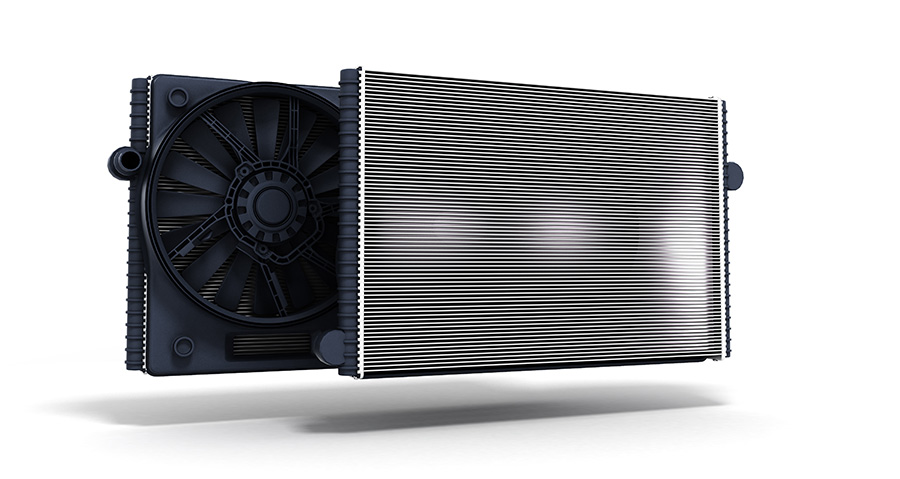
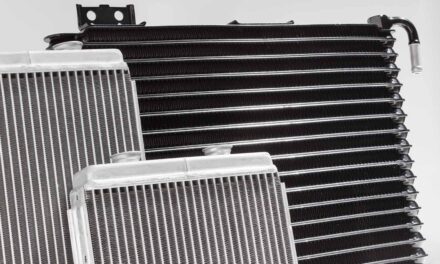
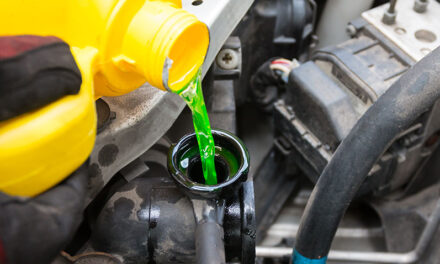
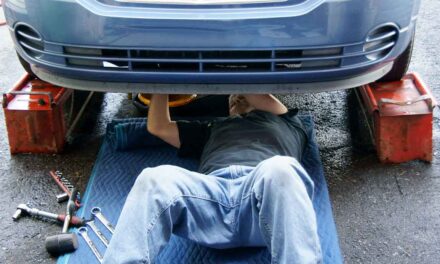
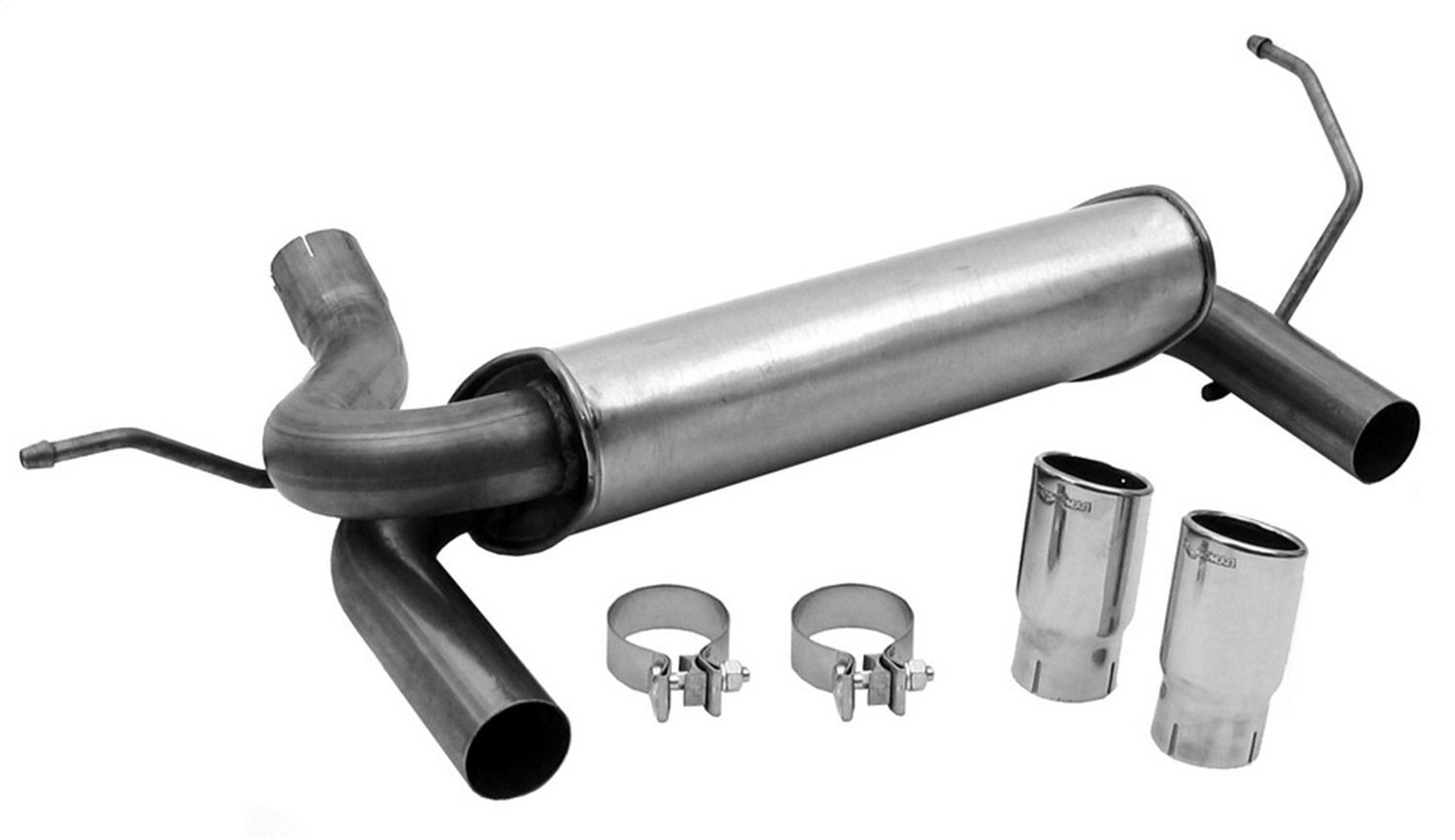

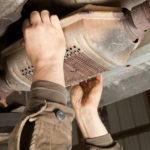
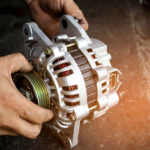
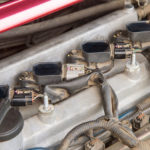





Trackbacks/Pingbacks